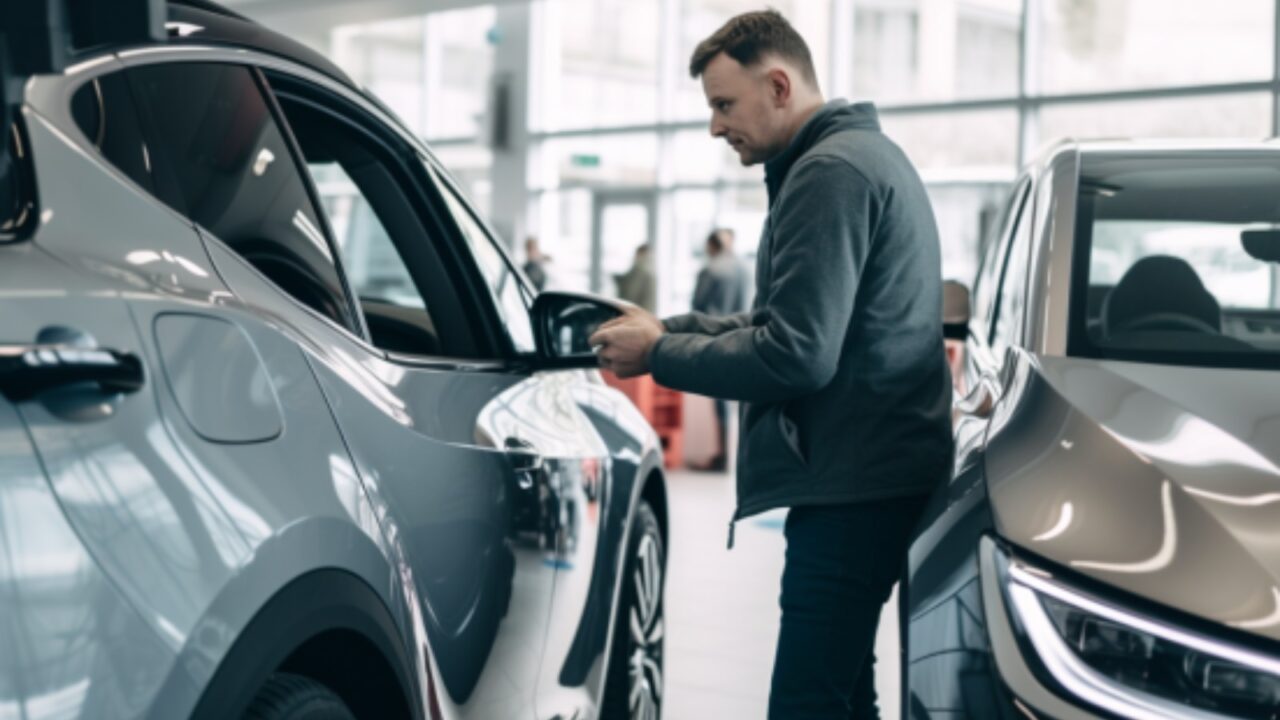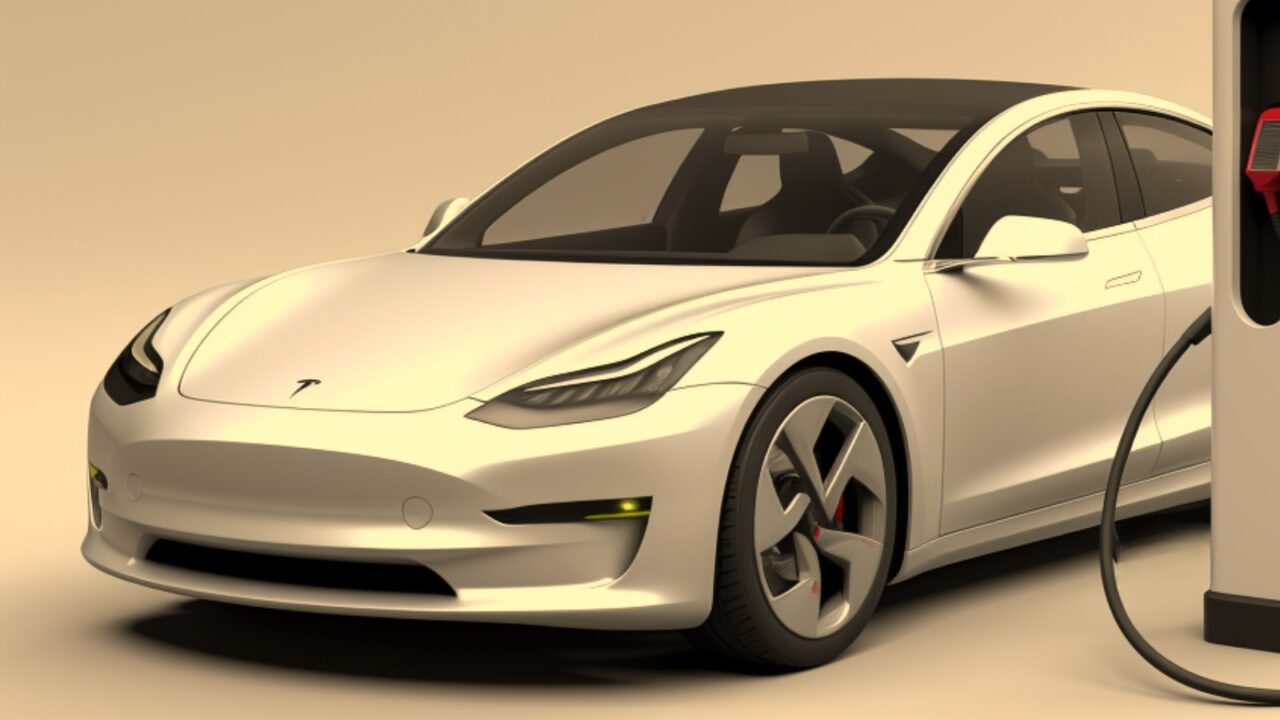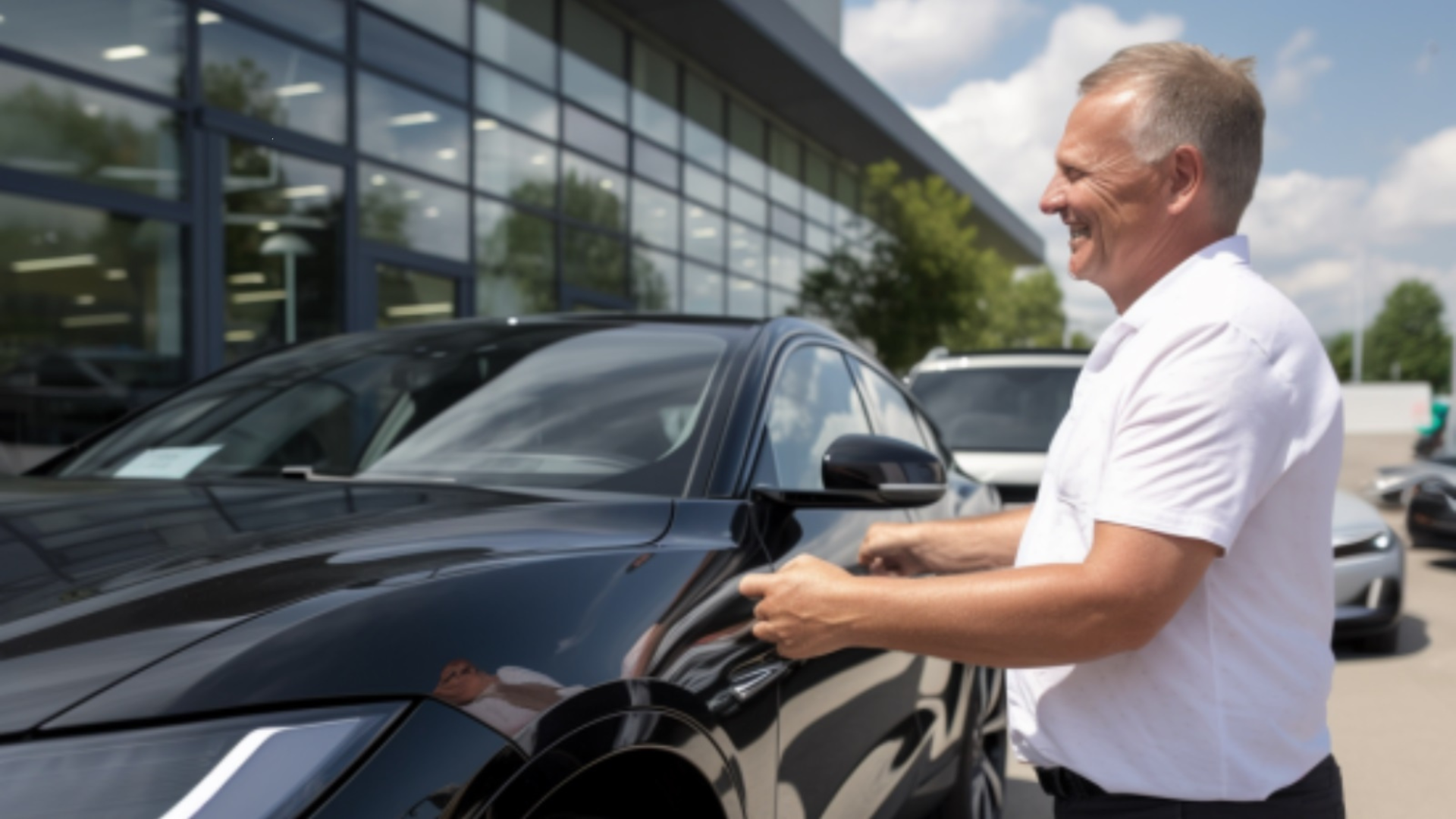Get the ultimate lowdown on buying an electric vehicle (EV) in the UK with CheapElectricCars’s expert advice. Discover the key questions to ask dealers, factors to consider, charging insights, and why the EV revolution is charging ahead.
Ensure you’re equipped with the essential knowledge for a seamless transition into EV ownership. From range anxiety to charging options, warranties to maintenance, we’ve got you covered. So, without further ado, let’s dive into the top queries that every UK EV purchaser needs to ask.
Does My EV Include Charging Equipment?
In the realm of new EVs, you’re in for a treat – they typically arrive with all the necessary charging equipment. It’s like a neatly wrapped gift of convenience. However, when exploring the realm of used EVs, things can take a twist. It’s essential to verify that your chosen EV comes with the proper charging cable. If it doesn’t, this can be a valuable negotiation point. Charging cables and accessories can be pricier than you might anticipate.

Accessories for EVs are gaining traction, and Amazon UK boasts an array of charging cables. Prices range from around £100 to about £250. A bit of preemptive inquiry can save you from post-purchase surprises. You can view our blog about chargers here.
Where Can You Get Your EV Serviced?
While EVs simplify maintenance with fewer moving parts, they still require periodic check-ups and repairs. Despite Tesla’s prominence, quality concerns have arisen over time. Machines that blend electronics and mechanics can encounter glitches, making local service centres a necessity.
Tesla service centres are widespread, mainly in major cities. For EV owners situated in rural and suburban areas, it might be prudent to opt for brands with robust local support. However, be cautious, as dealerships may lack adept EV technicians. Dealer support becomes paramount, especially for warranty-covered vehicles.
Independent repair shops specialising in EVs are limited, but this landscape is evolving. Having an expert in your vicinity is a valuable asset.
What About Charging At Home?
Owning an EV in the UK elevates convenience to a new level – charging at home is a game-changer. A simple plug-in at night results in a fully charged EV ready to hit the road come morning.

Delving into specifics, yes, you can opt for standard 110-volt wall outlet charging (Level 1), but it’s a leisurely pace, adding around 4 miles of range per hour. For more substantial charging, a 240-volt outlet (Level 2) is the smart choice, accelerating charging to about 25 miles of range per hour. Exploring the cost of upgrading your home’s charging infrastructure is a prudent step to ensure seamless home charging.
Making the Choice: New, Used, or Leased?
Consider your budget, lifestyle, and driving needs. If owning the latest tech and benefiting from incentives is a priority, a new EV might be your best bet. On the other hand, if you’re enticed by lower upfront costs and flexible arrangements, leasing provides an appealing avenue.
Used EVs, with their lower prices and low mileage, offer an enticing balance between cost savings and confidence in the vehicle’s condition. When considering used options, it’s essential to verify the vehicle’s history, warranty coverage, and overall maintenance record.
Ultimately, the choice between new, used, or leasing is a personal one. It hinges on your preferences, financial situation, and how you envision your EV journey. Dive into the intricacies of each option, explore available incentives, and assess your driving patterns to make an informed decision that aligns with your EV aspirations in the vibrant UK market.
Should I Buy New or Used?
High demand has elevated prices. Many on the used market are relatively new with lower mileage, offering peace of mind. Since the world of EVs is still relatively young, most used models boast low mileage.

Opting for a new EV guarantees a full warranty, the latest technological advancements, safety features, and a pristine battery. Be aware that incentives primarily favour new EVs.
Is Buying or Leasing the Ideal Route?
This crossroads confronts UK EV buyers as well. While purchasing is financially sound, the lofty EV price tag might entice you towards leasing. A five-year loan on a £40,000 EV could translate to nearly £700 in monthly payments. Leasing might halve that burden, and numerous automakers provide attractive lease packages.
The rapid influx of new EV models and their rapid advancements make leasing an appealing option. However, remember that leasing entails fixed monthly payments and mileage limitations. Lease return fees may also come into play. The decision to buy or lease hinges on your circumstances.
Are Public Charging Stations Easily Accessible in the Area?
While the allure of home charging is undeniable, the reality is that you’ll likely need public charging at some point. Most public charging stations across the UK fall under the Level 2 category, offering a reliable charging experience. For those seeking rapid charging, keep an eye out for stations that provide DC fast charging, allowing for swift top-ups.
Before making a decision, it’s crucial to confirm whether the EV you’re eyeing supports fast charging and the associated charging rates. Equally vital is familiarising yourself with the locations of charging stations in your vicinity and along your preferred routes.

Does the Car Have Enough Range for my Needs?
As you gear up for your UK EV journey, one critical question surfaces – does your chosen EV possess the necessary range for the diverse roads of the UK? Today’s modern EVs tout ranges spanning 150-250 miles on a single charge. Notably, Tesla leads the pack with ranges exceeding 300 miles, while the remarkable Lucid Air goes beyond expectations with a remarkable 500-mile range. For instance, the Tesla Model S once held the record with a substantial 405 miles per charge.
For most UK daily commutes, an EV boasting a range of 250 miles ensures range anxiety remains a thing of the past. Remember, real-world factors such as driving speed, habits, weather, and climate settings can impact the range. It’s wise to prepare for a slightly lower range than the EPA’s estimate.
Can I Take My EV for Road Trips in the UK?
Absolutely! Embarking on UK road trips with your EV is entirely feasible. The key is planning and acknowledging your EV’s range. With a range of 250-300 miles, factor in a pit stop every few hours as the battery nears depletion.
Strategically plotting your journey to encompass charging stations is the secret sauce, especially along major routes. Don’t overlook the importance of rapid DC fast-charging stops – neglecting this could significantly extend your travel time.
For those occasional longer journeys, some EV owners maintain a conventional petrol car in their fleet. If road trips are infrequent, this is a viable solution. Also, keep in mind that renting a car for lengthier journeys while cherishing your EV for daily rides is a balanced approach.
Given the rapid introduction of new EV models and the swift evolution of their technological prowess, leasing is a prudent way to stay abreast of advancements. However, remember that leasing binds you to fixed monthly payments and mileage restrictions. Lease return fees may also enter the equation. Ultimately, the decision to buy or lease hinges on your unique circumstances.
